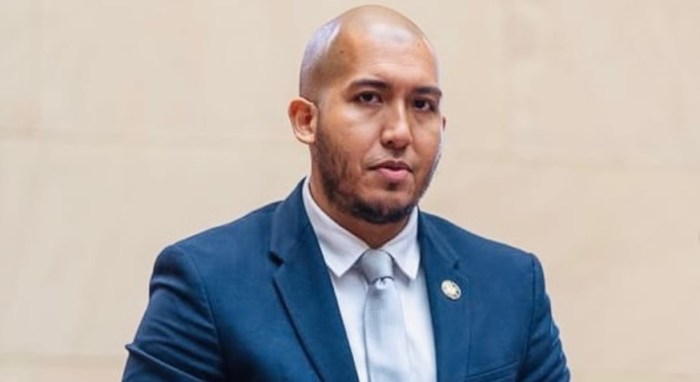By Ivan Pereira
The economic downturn on Wall Street is going to make the subprime crisis in Queens even worse over the next year, housing and economy experts said.
The collapse and sale of several financial institutions, such as Lehman Brothers and Merrill Lynch, in recent days stemmed from their investments in risky mortgages that have already left 1,541 borough homeowners facing foreclosure in 2008, according to the nonprofit Neighborhood Economic Development Advocacy Project.
Queens has been the borough hardest hit with foreclosures in the last two years, according to the group's statistics.
“I think after what occurred in Wall Street in the past week, the powers that be … should be absolutely convinced that those mortgages were not in the best interest of the homeowners and the lenders,” said Helen Maxwell, foreclosure counselor for Queens-based Neighborhood Housing Services.
A subprime loan is a mortgage that starts off with low interest rates, but balloons quickly, forcing the borrower to pay higher-than-expected mortgage payments. The foreclosures involving those loans have been rising sharply over the years in areas such as Rosedale, Jamaica and South Ozone Park, according to NEDAP.
Maxwell said the surge was the result of lenders, many of which received investment backing from the lending giants, persuading working-class residents to take on the loan when it was clear they did not have the assets to back it up.
“A lot of this exotic financing was to blame for what happened on Wall Street,” she said. “A lot of clients were coerced and did not know what was entailed.”
State Sen. Malcolm Smith (D-St. Albans), whose office has been working to provide relief to homeowners at the state level, predicted the housing mess would get worse for the residents in his district even with the government bailout.
“Southeast Queens is just one of the many areas heavily affected by the sub-prime crisis, which resulted in the loss of many homes, and as the economy continues to struggle, thousands more may unfortunately be next,” he said in a statement.
St. John's University Tobin School of Business Professor Anthony Sabino said the financial meltdown provides a cautionary tale for future homeowners because it teaches business executives an important lesson: Do not gamble with the housing industry.
“This was a complete rejection of all basic rules on how to buy a home,” he said. “You work your tail off, you put a down payout and get a traditional 30-year mortgage, and you pay it off. This purge is necessary to get rid of the bad credit.”
The professor added that troubled homeowners could catch a break with lenders due to the high number of foreclosures because the banks do not want to take control of thousands of houses and will be more willing to negotiate with clients to work out mortgage problems.
As for new homeowners, Sabino said there will be a period when buying a house will require a higher credit score, but eventually the banks will change their operations. Although the crisis has been driving housing prices down in Queens, it has done serious damage to the economic status and mental state of consumers, according to the professor.
“The point is the banks, after being stupid for so long, are afraid to loan money. They'll loan it eventually and hopefully they'll do it smartly,” he said.
Maxwell agreed with the professor's outlook, but said the public's lack of confidence in the economy may take more time to dispel.
“Everyone's more leery about the financial crisis and hesitant to act,” she said.
Reach reporter Ivan Pereira by e-mail at ipereira@timesledger.com or by phone at 718-229-0300, Ext. 146.































